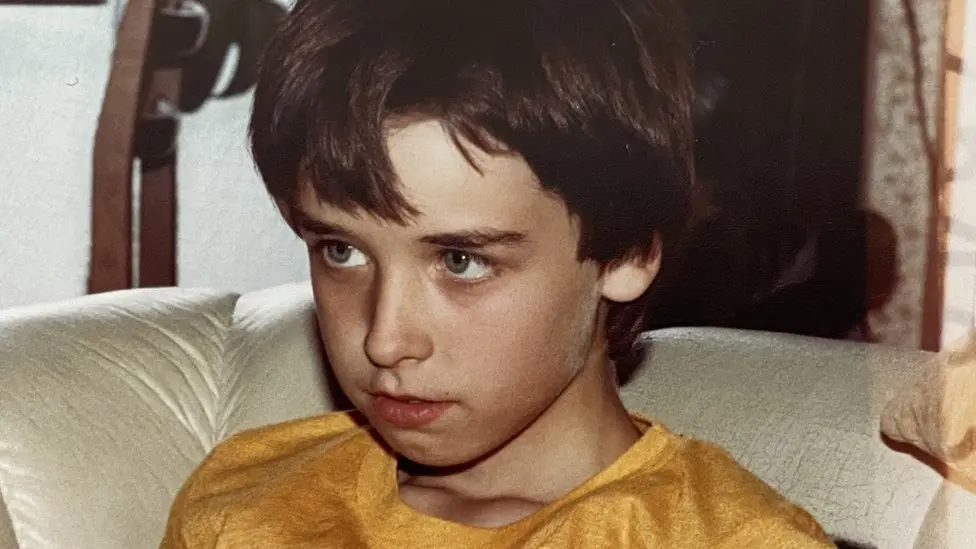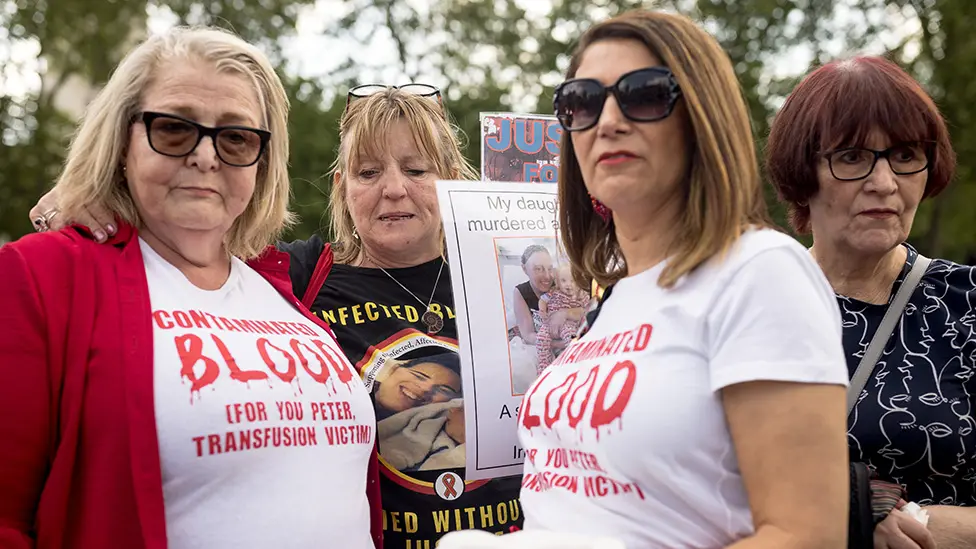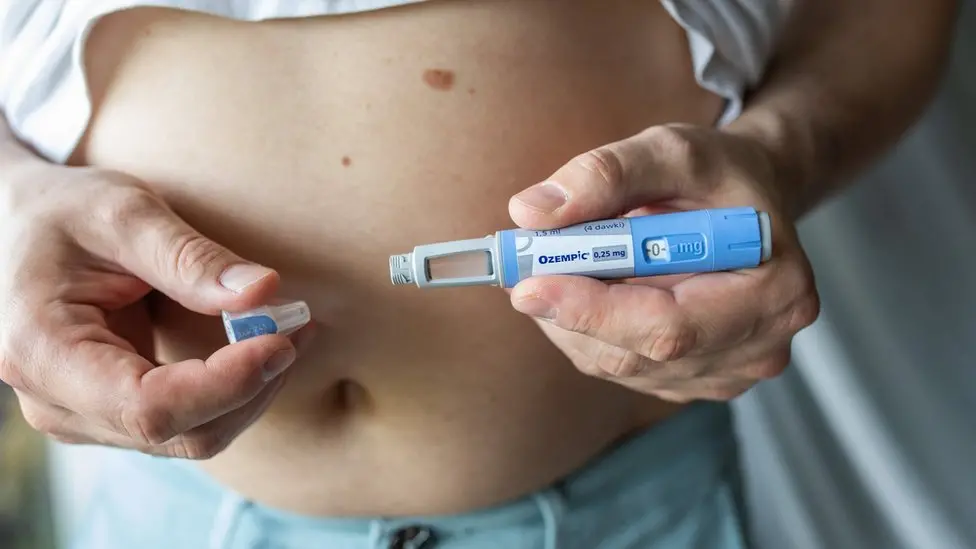In the late 1980s and early 1990s, a scandal emerged in the UK when it was discovered that 175 British children had been infected with HIV through contaminated blood products.
Many of these children were haemophiliacs who required regular blood transfusions to treat their condition.
It was later revealed that the blood products they were given had been sourced from high-risk donors, including prisoners and drug users.
Due to poor screening measures and lax regulations, the contaminated blood was distributed to hospitals across the UK, infecting hundreds of patients.
The children who were infected with HIV faced immense stigma and discrimination, as well as serious health complications.
Some families banded together to seek justice for their children and hold the government accountable for the gross negligence that led to the outbreak.
The scandal sparked a national outcry and led to inquiries and investigations into the blood product industry and its regulation in the UK.
Despite the efforts of affected families and advocacy groups, many questions remain unanswered and justice has yet to be fully served for those affected.
The legacy of the contaminated blood scandal lives on, reminding us of the tragic consequences of inadequate oversight and accountability in healthcare systems.



